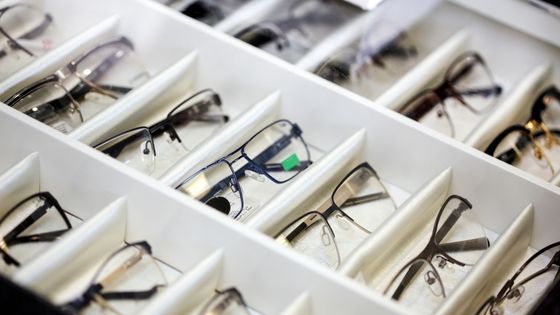At some point, everyone has been overly worn out and irritable at work. Excessive computer screen starring can result in eye fatigue, mental haziness, and even a splitting headache. Despite being the least damaging colour in the visible spectrum, blue light can still harm people if they do not wear protective gear like blue light glasses.

What is Blue Light?
There is nothing to be afraid of when it comes to blue light. Did you realise that even in the middle of the day, it is all around you? Researchers have demonstrated that the blue wavelengths that precede ultraviolet (UV) radiation during the day have several valuable benefits, including enhancing mood, focus, and speed of response.
Why is it vital to protect oneself from it?
A good circadian rhythm and, by extension, a healthy sleep-wake cycle is maintained by melatonin, a hormone inhibited by excessive blue light exposure, especially at night. However, you are surrounded by a constant stream of blue light emitted by electronic devices. This throws off your body’s natural clock, making it almost twice as hard to sleep at night. Thus, reducing screen time is crucial if you want to enhance your sleeping habits.
Survey and find the right glasses
Many internet eyewear products claim to filter out blue light; however, in reality, they don’t. Consider the following while looking for blue-light-filtering eyewear:
- Make sure they are qualified to practise science. This indicates that the eyewear has undergone testing in a controlled setting.
- Consider purchasing amber lenses instead of clear ones since they better block blue light while allowing in shorter, less harmful wavelengths of light.
- Glasses with anti-glare and anti-reflective coatings lessen the visual fatigue brought on by prolonged screen staring. Anti-glare and anti-reflective lenses block out blue light, which reduces eye strain and fatigue in bright environments.
Blue light glasses are helpful to many professionals
Many working professionals find it challenging to cut back on their screen time, making it crucial to take preventative measures to avoid sleep deprivation’s severe short- and long-term effects.
Blue light filters are frequently built into the lenses of blue light-blocking eyewear. Purchasing blue light-blocking glasses is brilliant if you often stare at screens, particularly at night. Additionally, they will ease your eyes by reducing the amount of blue light that enters them during the day.
A potential contributor to sleep
You might overlook the possibility that blue light is a contributing component. Exposure to blue light inhibits the body’s production of the melatonin-regulating hormone. Even though the sun produces some blue light during the day, this hue becomes less apparent after sunset, giving the impression that the sky is red. Since there is less blue light in the evening, the body may readily produce melatonin, signalling it is time to get ready for bed. Late-evening exposure to blue light, such as that emitted by electronic devices and artificial lighting, can disrupt a person’s circadian cycle.
Wearing the glasses does not get in the way of your sight.
High-quality blue light-blocking glasses protect your eyes from the adverse effects of blue light and don’t obstruct your daily activities. Quality amber-lens glasses refute the misconception that blue light glasses make things appear darker by absorbing blue light and other stimulating light while letting less dangerous light wavelengths flow through.
This is unaffected by your TV or computer screen’s picture quality, so you can still see the colours.
